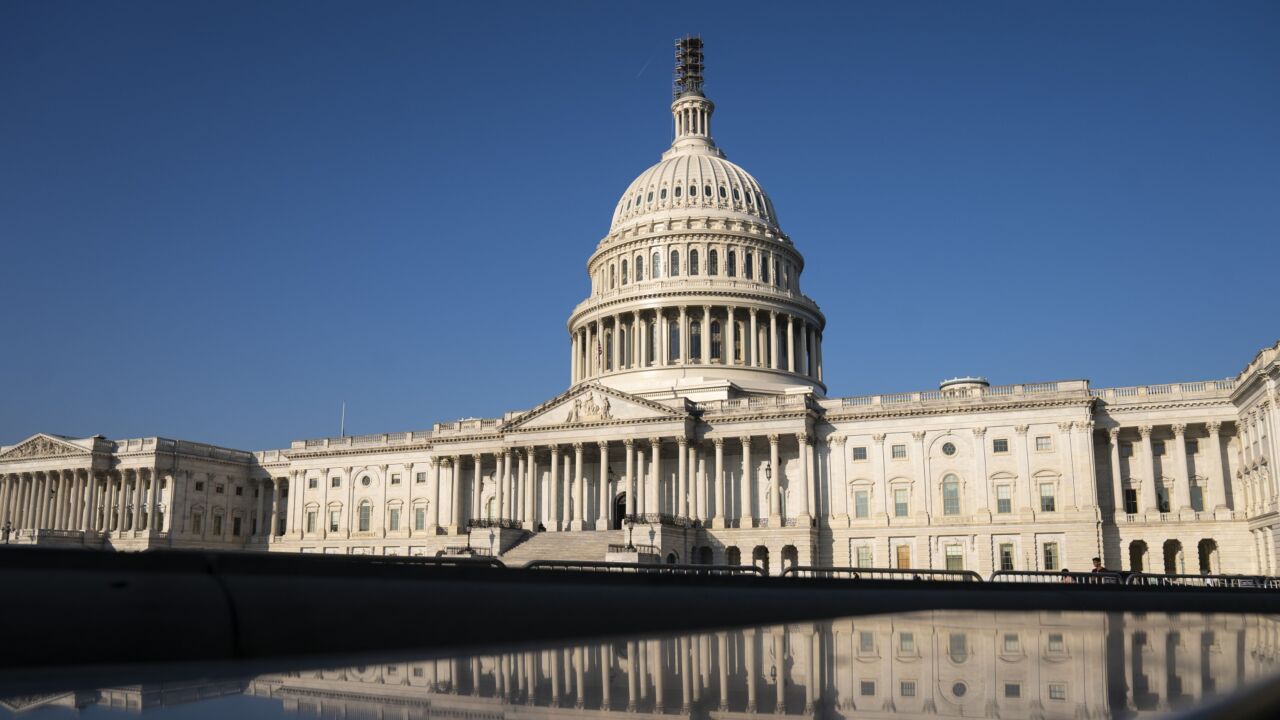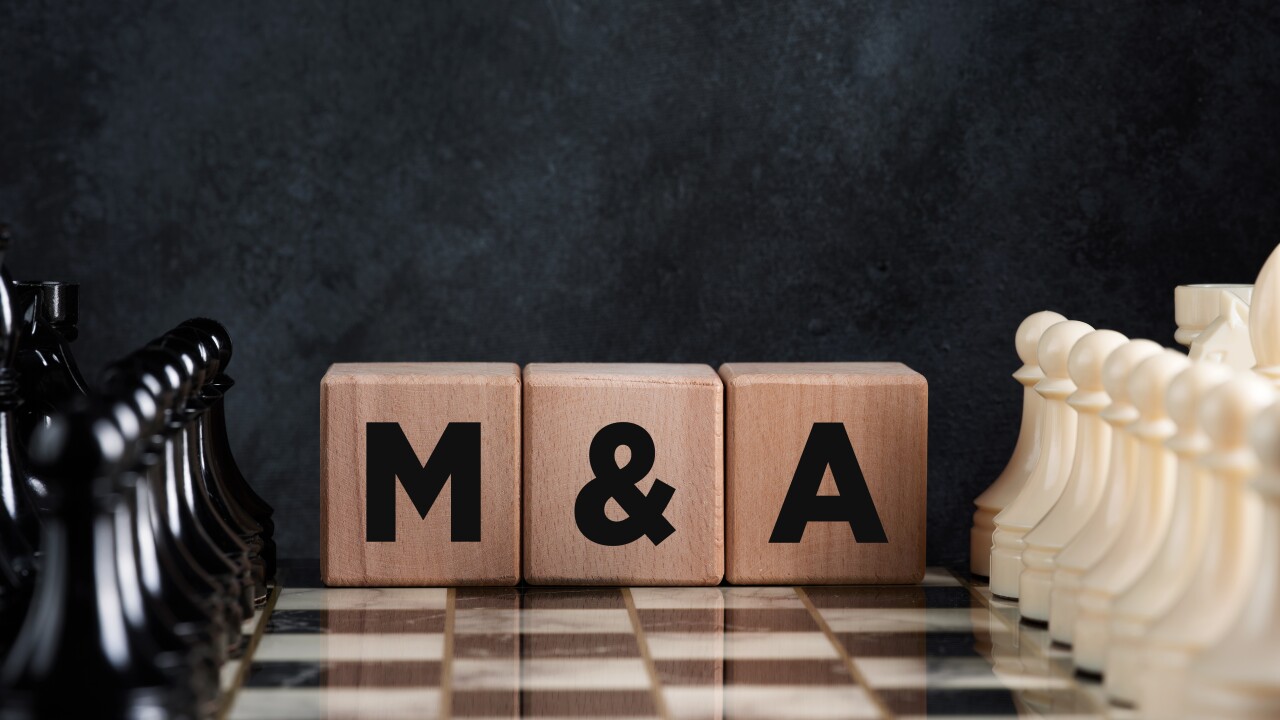Donald Trump "explicitly sanctioned tax fraud" by executives at two of the Trump Organization's business units, a New York prosecutor told the jury in the companies' criminal tax fraud trial.
In his closing statement at the end of the month-long trial in lower Manhattan, Assistant District Attorney Joshua Steinglass blasted claims by lawyers for the two Trump companies that former chief financial officer Allen Weisselberg had acted alone and was the sole beneficiary of the fraud.
While Trump and his family aren't charged in the case, Steinglass told the jurors Friday that the former president was "very hands on when it came to compensating his people" and aware of what Weisselberg and the others were up to. He cited company records showing that Trump personally approved one executive's underreported income.

"There's been a lot of back and forth in this trial about the involvement of Donald Trump and other Trump family members," Steinglass said. "I'm here to remind you that Donald Trump is not on trial, and we don't have to prove a thing about what he knew or didn't know."
But, he added, "this whole narrative that Donald Trump is blissfully ignorant is just not real."
Alan Futerfas, who has represented Trump and, in this case, is defending Trump Payroll Corp., one of the two companies on trial, declined to comment on the assertions.
Trump's perils
Prosecutors for Manhattan District Attorney Alvin Bragg have tried to show that Weisselberg carried out the fraud over more than a decade — hiding perks such as luxury cars and private school tuition to help the executives, and the businesses, evade taxes — on behalf of the companies and for their benefit, a key element of the DA's case. The defense has said the 75-year-old executive, who has worked for the Trump family for half a century and is still on the firm's payroll, betrayed the Trumps' trust for his own enrichment.
Even as Trump faces a host of
Weisselberg, who pleaded guilty this summer to tax fraud charges, served as the prosecution's star witness in the trial, while Trump Organization Controller Jeffrey McConney testified for the government under a grant of immunity. Weisselberg has told the jury he evaded taxes on about $1.7 million in fringe benefits.
On Thursday, in their own closings, lawyers for the two companies told the jury Trump and his family knew nothing about the fraud. They have argued that Weisselberg and McConney had "gone rogue," hatching a secret plan to pay executives off-the-books perks to fatten their already handsome compensation and keeping it all secret from Trump and the companies as a whole. They told the jury the prosecutors had failed to prove Weisselberg intended to benefit the companies with his fraud.
"We are here today because of one reason and one reason only: the greed of Allen Weisselberg," said Susan Necheles, defending Trump Corp., the other one of the pair. She argued there was no evidence Weisselberg committed the fraud to help the companies.
"Weisselberg did it for Weisselberg," he repeatedly told the jury.
The Trump 'compensation package'
Steinglass countered on Friday that "this is all part of the Trump executive compensation package. Free cars for you, free cars for your wife, free apartments for you, free apartments for your kids. Why not pay them more? Because it would cost them double to give them raises rather than give them the cars on the down low."
At the end of court on Friday, after the jurors were dismissed, lawyers for both companies complained about Steinglass's claims and asked New York State Supreme Court Justice Juan Merchan to declare a mistrial. He rejected the request.
Merchan told the jurors he would give them instructions on the law Monday and that they would then begin their deliberations.
The case is People v. Trump Organization, 01473-2021, New York State Supreme Court (Manhattan).





